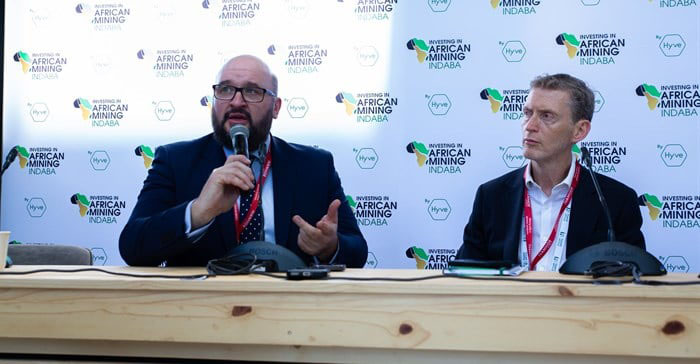Overview
A 2011 study by the United Nations Environment Programme (UNEP) and World Meteorological Organisation (WMO) found that targeting short-lived climate pollutants (SLCPs) would slow the rate of global warming much faster than action on carbon dioxide (CO2) alone.
As a voluntary partnership, the UNEP-convened Climate and Clean Air Coalition (CCAC) is working to reduce these powerful but short-lived climate pollutants, which includes methane (the next most significant GHG after CO2), black carbon, hydroflourocarbons (HFCs) and tropospheric ozone. If sufficient action is taken now, reductions of at least 40% in methane emissions by 2030, compared to 2010 levels, could be achieved.
In 2004 the Global Methane Initiative (GMI) was launched as an international public private initiative to focus collective near-term efforts on the reduction of fugitive methane emissions and its capture for conversion to useful energy. In particular, these efforts are directed at three sectors – biogas, coal mines and oil & gas systems.
Within the oil & gas sector a comprehensive measurement-based international reporting framework known as the Oil & Gas Methane Partnership (OGMP) was launched in 2014 by CCAC, and has been implemented by UNEP. In 2020 it was strengthened in scope and ambition to become OGMP2.0, where it has now set the standard for transparency of methane emissions reporting. More than 130 companies in 70 countries have joined OGMP2.0.
Impacts
Methane is a powerful greenhouse gas with a warming impact 86x stronger than CO2 and an atmospheric lifetime of around 12 years. The International Energy Agency (IEA) estimates that global methane emissions from the oil & gas industry reached nearly 82 million metric tonnes in 2019.
Methane severely exacerbates climate change and also has indirect effects on human health, crop yields and the health of vegetation.
Anthropogenic methane is responsible for at least 25% of today’s global warming.
Unless deep reductions in methane emissions from the oil & gas industry, and other sectors are made by 2030, it will not be possible to meet the Paris Agreement warming target of 1.5C.
Our solution
Data
In alignment with its environmental risk management solution for the mining industry which aims to help mining companies achieve Zero Harm to the environment and to people, Insight Terra’s solution for the Climate Tech sector aims to help the oil & gas industry, and other industrial sector players, achieve their Net Zero ambitions.
Achieving Net Zero goals demands, among other things, a detailed, accurate and sustained measurement of existing and ongoing greenhouse gas emissions to enable meaningful and transparent reporting, and to enable the impact of emission mitigation strategies and solutions to be assessed and verified. This is known as MRV – measurement, reporting and verification.
The Insight Platform is an enterprise grade, AI-ready cloud-based data management platform that handles any type of monitoring data in real-time. Raw data from methane and other greenhouse gas sensors is ingested, cleaned, validated, analysed, stored and visualized by the Insight Platform, providing a continuous, dynamic and real-time MRV solution for any scenario where fugitive methane or other greenhouse gas emissions need to be monitored and abated.
The Insight Platform is a natural complementary monitoring solution to space-based monitoring sensors that are able to cover very large areas to provide sporadic and snapshot indications of emissions. Such a hybrid approach to tackling emission reduction is most likely to yield the best results, as the space-based monitoring can help prioritise and pinpoint the most optimum location for ground-based sensors that would feed the Insight Platform.
Communications
For many energy and oil & gas companies their infrastructure assets and operations are spread over very wide geographical areas and located in remote regions, on land and offshore, where terrestrial communications is either unreliable or non-existent. Insight Terra's investor and partner, Viasat, has a dedicated energy services division that provides a global managed services network of secure end-to-end communications solutions for oil & gas and other energy customers. The Insight Terra cloud-based data platform is optimised for capturing asset, environmental and greenhouse gas monitoring data, and performance data from remote sites that require satellite communications links with greater latency, creating an optimum end-to-end solution.

















